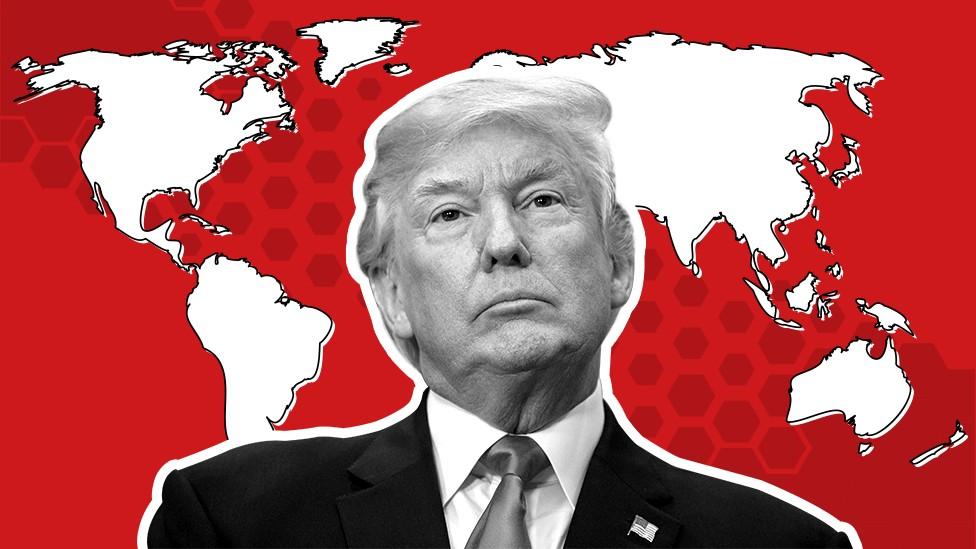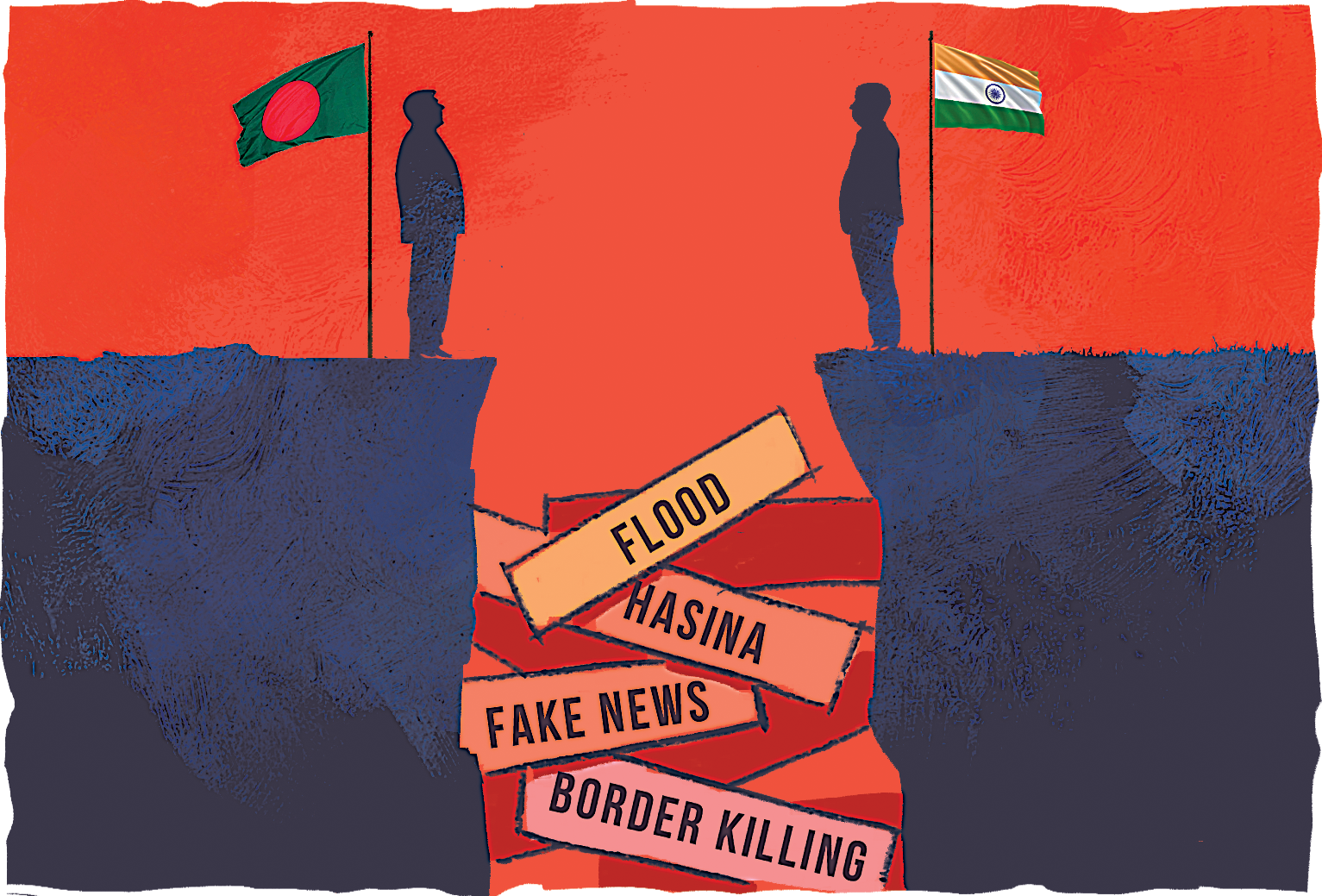The Political Context
For over a decade, Bangladesh was under the leadership of Prime Minister Sheikh Hasina and the Awami League. Under her rule (2009-2024), the country experienced a massive cross border money transfer, saw destroying banking sector with the link of Bangladesh Bank Personnel in the name of significant economic growth, infrastructural development, and enhanced regional cooperation. The government faced allegations of fascism, authoritarianism, electoral manipulation, huge human rights violations, corruption and enforced disappearance by the country's elite force RAB and Military Intelligence Department DGFI which is called ''AYNAGHOR''. The opposition, led by the Bangladesh Nationalist Party (BNP), along with other smaller political factions, consistently accused the Awami League of undermining democratic institutions throughout her rule from the very beginning of Shiekh Hasina's regime. But Awami League and Shiekh Hasina always stand still with their cruelty nature to the opposition party. They oppressed every voice which was against the then ruling party led by Hasina. Some notably key events occurred in the period of 2009 to 2024:
BDR Mutiny which was a Mass killing (at least 57 army officers) project during this so called mutiny in 25th and 26th February, 2009.
- 2013 Shapla Chattar Protest which turns into a massacre within 12 hours,
- Bangladesh National Assembly Election held without voter and opposition party held in 2014,
- Violence, Mass arrests and state coercion National Election where almost half of the center was voted during the election night instead of vote casting date held in 2018,
- Another fraudulent election was held in 2024,
- Nationwide enforced disappearance throughout her tenure,
- Serious human violation throughout her tenure.
But in July 2024 mass protests spread throughout the whole country regarding Government Job quota reform which leads to the fall of Hasina Regime and a new dawn arise from 5th August 2024. During the protest, Hasina regime killed at least 1400 students and mass people in an open air while other people make video and take photos. This event occurred within 20 days. Within 20 days Shiekh Hasina and her government killed 1400 students and mass people with thousands of severely injured. Shiekh Hasina and her government used every law enforcement agency for killing those people including Bangladesh Army, Bangladesh Police, RAB, BDR and Ansar. But on 5th August 2024, Bangladesh Army refused to shoot on their own people. In these circumstances, Shiekh Hasina fled away to India and Indian Security Advisor warmly welcome her as state guest. This event followed by a new regime which was formed by 2006 Nobel Peace Laurate World Renowned Economist Professor Muhammad Yunus.
The new regime, emerging from prolonged political unrest and electoral disputes, brings fresh dynamics to the country’s governance. This transition could have lasting effects on Bangladesh’s foreign policy, security landscape, and economic strategy. As regional and global players reassess their relationships with the new leadership, the country’s geopolitical position is set for a realignment.
Bangladesh-India Relations: A New Chapter?
As we are already aware about the famous Indian Philosopher CHANYAKA and his famous quote about Foreign Policy:
'' Every Neighboring State is an Enemy, and the Enemy's Enemy is Your Friend''
Bangladesh government more likewise previous ruling party Bangladesh Awami League always feels like India is a friendly nation to Bangladesh whether It's very unclear about India feels like Bangladesh as an enemy state just like CHANYAKA thinks. India does not finish up long standing many unresolved bilateral issues between the two countries. Furthermore, it is quite clear to the Citizen and Activists of Bangladeshi People that India always interference in Bangladesh internal affairs. This led to widespread criticism among Bangladeshi People and activists, but it's widely known that India has historically been one of Bangladesh’s closest allies, particularly under Sheikh Hasina’s leadership. It is also very clear about India's political interference inside Bangladesh when they approved and take ousted prime minister Shiekh Hasina on 5th August 2024.
Shiekh Hasina has to power since 2009, and India Supported her regime ever since. Even when she exiled in India; Bangladesh Awami League disseminates many false information to international media in favor of Shiekh Hasina which is complete catastrophic situation for a small country like Bangladesh. Former Indian President Pranab Mukherjee and former Indian High Commissioner in Bangladesh Pinak Ranjan Chakrabarti two influential Indian figures with deep involvement in Bangladesh’s affairs — openly acknowledge New Delhi’s longstanding authority in shaping Bangladesh’s political landscape. And now Hasina faces charges of crimes against humanity, mass murder and systematic torture in Bangladesh in the new regime led by Professor Yunus and Indian Diplomat totally silent about to hand over Shiekh Hasina for her fresh trial though two nations have prisoners swapping agreement.
The fall of Hasina’s regime was widely spread as a diplomatic and intelligence catastrophic, which is a huge threat along India's borders from Pakistan and China. This is a reason which cannot deny any political analyst as Bangladesh was India’s closest regional ally and the Delhi government had used its considerable sway over Hasina to orchestrate economically and strategically beneficial deals. Indian media and their diplomat accused to interim govt of Bangladesh by spreading widespread attacks of minority people- a Muslim majority country claim the extremist Muslims runs Bangladesh right now. But Professor Yunus; current Head of Adviser of Bangladesh Interim Government strongly opposed when he was talking with Prime Minister Narendra Modi in a telephone conversation and also, he invited Indian journalists to come into Bangladesh to see the situation.
“Clearly, there is an orchestrated attempt to undermine the interim government led by 2006 Nobel peace laureate professor Muhammad Yunus,” said Shafiqul Alam, press secretary to the interim leader. “Some Indian media have blindly supported Sheikh Hasina’s corrupt and brutal dictatorship over the last 16 years. They seem to be unhappy that Hasina was ousted from power in a student's-led popular mass uprising.
Press Secretary Shafiqul Alam said they had invited Indian media to the country to “find out the true picture. But it seems they are not interested in covering the story from the ground.
In these circumstances, Though the two nations maintained strong economic and strategic ties, collaborating on cross-border trade, energy projects, and security concerns, particularly in combating extremist threats. India played a crucial role in ensuring regional stability, supporting Hasina’s government against opposition forces that were perceived as having links to anti-Indian elements. With the new regime in Dhaka, New Delhi faces a complex challenge. If the new government leans towards a more nationalist and less India-centric approach, it may strain diplomatic ties. Border issues, water-sharing disputes, and trade agreements could become contentious points of negotiation. India’s strategic interests, particularly in countering Chinese influence in the region, will be tested if Bangladesh adopts a more balanced or China-friendly stance. New Delhi will have to recalibrate its diplomatic approach to maintain its influence and ensure continued cooperation on security and economic matters.







Comments